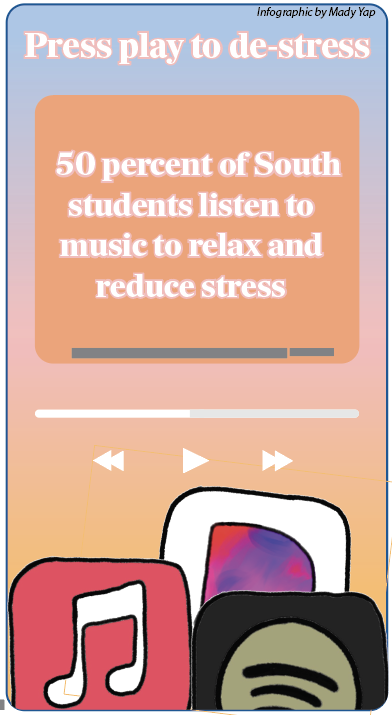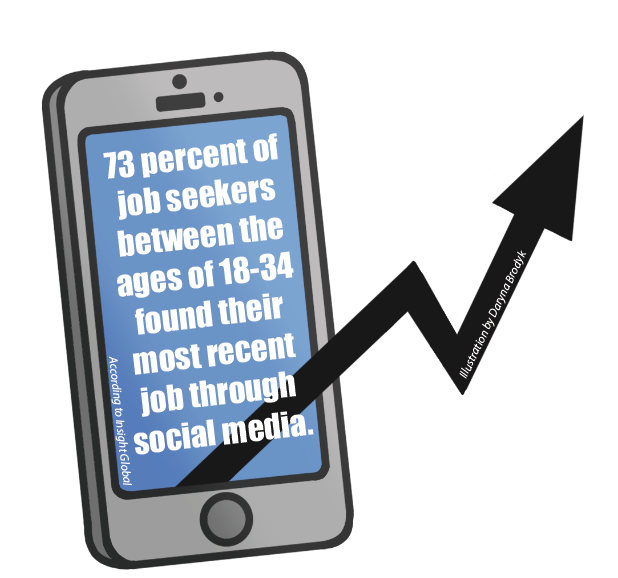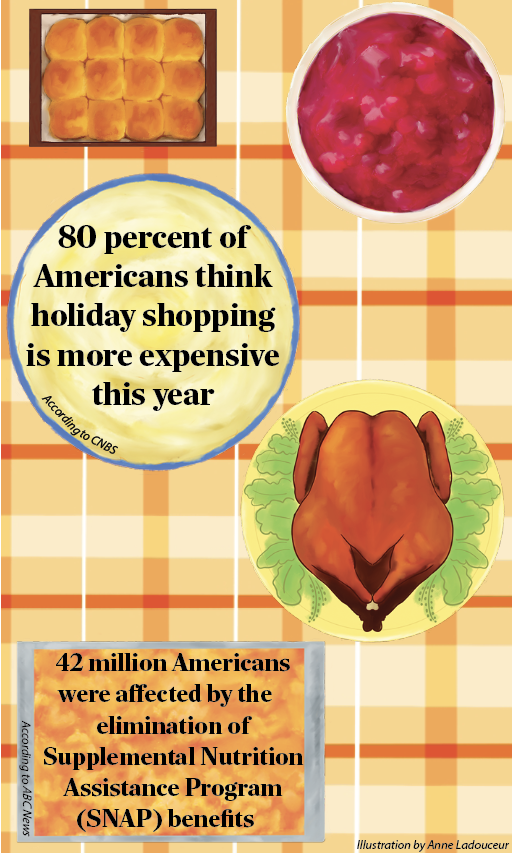Would you jump off a cliff if everyone else did? This is a question that most of us have heard before, perhaps in droning lectures from our parents.
Unfortunately, they were making a good point.
How far do we go to try to fit in, and how does it change us and our opinions? Many people go to extreme lengths to please others, rapidly changing their view to one that conforms to the people around them.
At South, 64 percent of students said that they themselves, or someone they know, have formed an opinion with minimal research, just because it is the same opinion as someone else, according to a non-scientific survey conducted by The Oracle. Whether it’s picking what clubs to go to or what classes to take, other people’s opinions, especially those of our family and friends, matter to us.
A 1904 study led by Edward Thorndike, renowned psychologist who laid the foundations of educational psychology, reported succeeding in modifying the preferences of adults. Thorndike asked them to give their opinions concerning various matters. The same question was later repeated, but now the adults were also informed of the opinions held by large groups of their peers on the same matters.
“Most of these studies had the same result: many subjects apparently shifted their judgments in the direction of the views of the majorities,” Thorndike said.
Misinformation often stems from people only hearing one side of the story and then creating half-baked opinions on important topics. As false information spreads, it creates a climate where people feel pressured to take a stance, conforming to the opinions of those around them over seeking the truth or exploring their own perspectives.
The impact of misinformation can be observed in the world beyond South as well, especially through the influence of individuals such as pop stars. Taylor Swift notoriously stands against misinformation, as she encourages her large group of followers, to do their own research before deciding for whom to vote. This is notable in her recent viral Instagram post that praised Kamala Harris and warned the public about the dangers of misinformation, especially in AI.
In an increasingly conformative world, it is important to stay educated and ask questions; is it better to just agree with the majority or is it better to remain neutral and to take time to formulate your own opinion?
Our community has the potential to be a more inclusive space if we slow the spread of misinformation, taking time to decide what you believe in.








